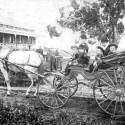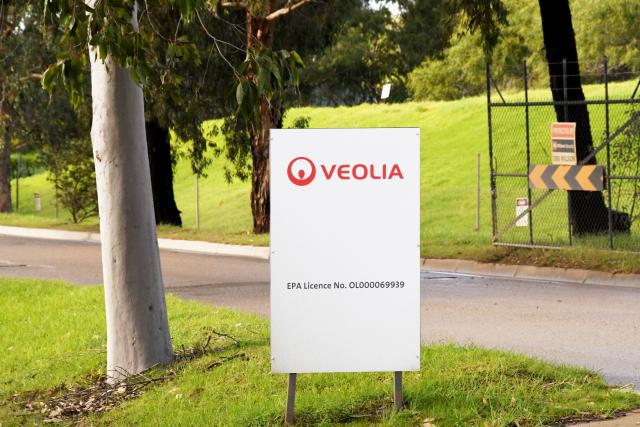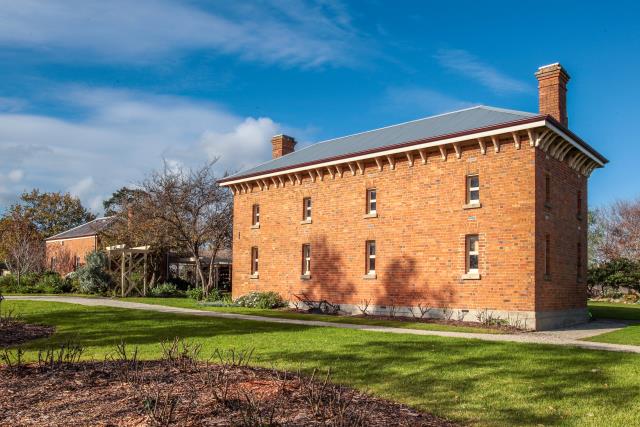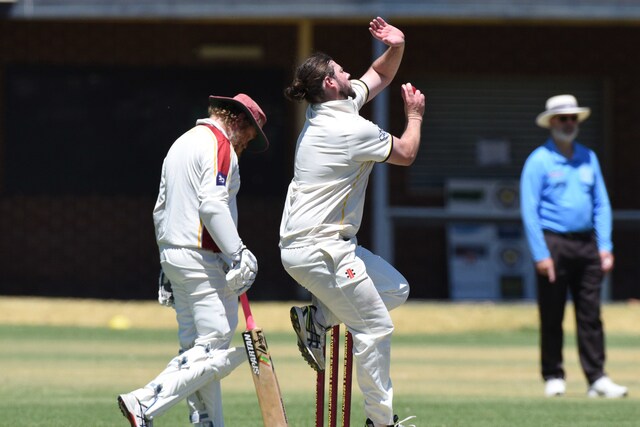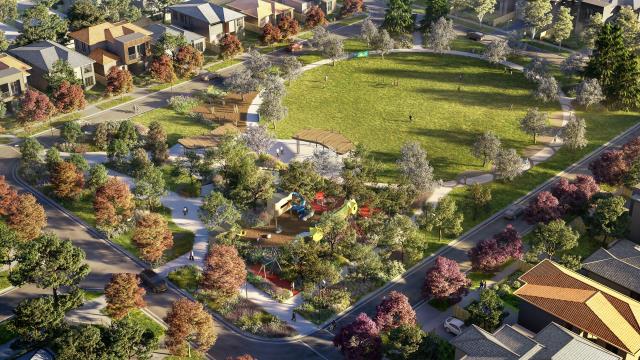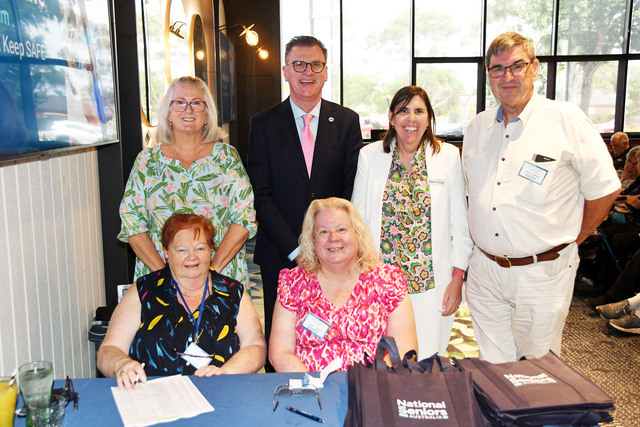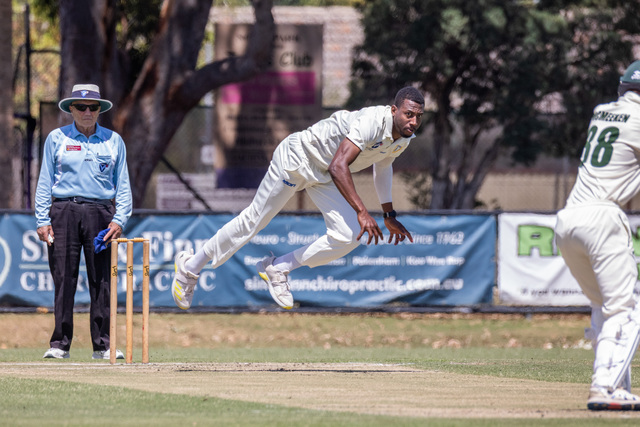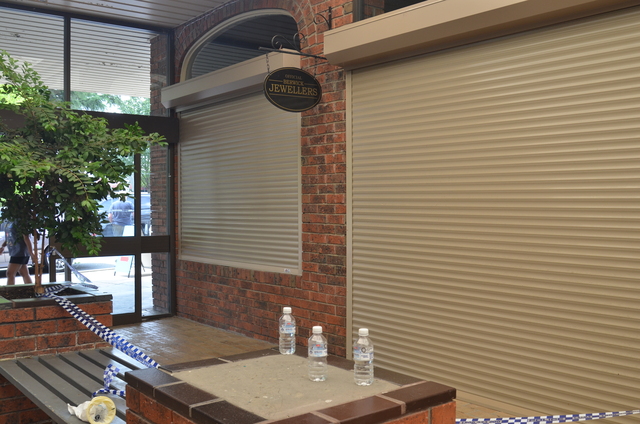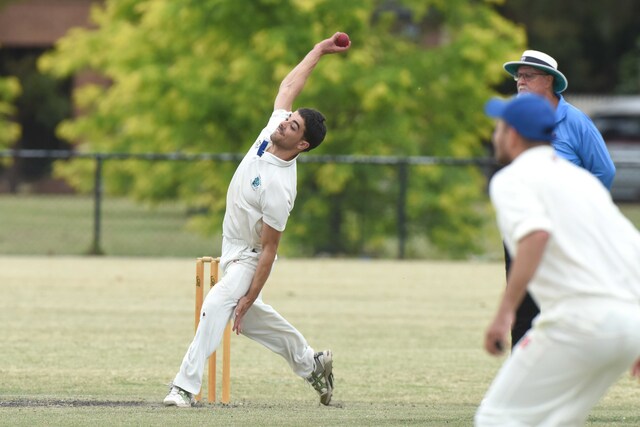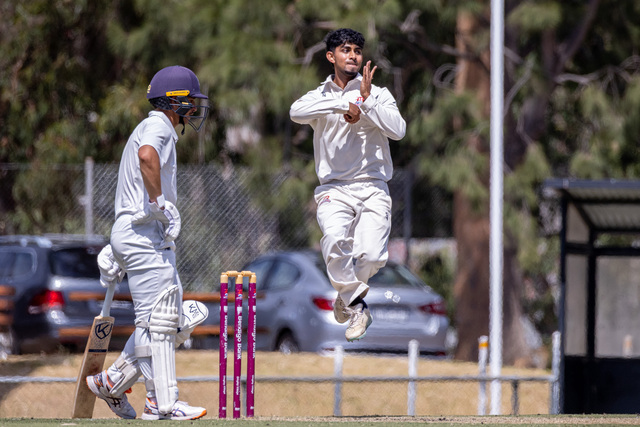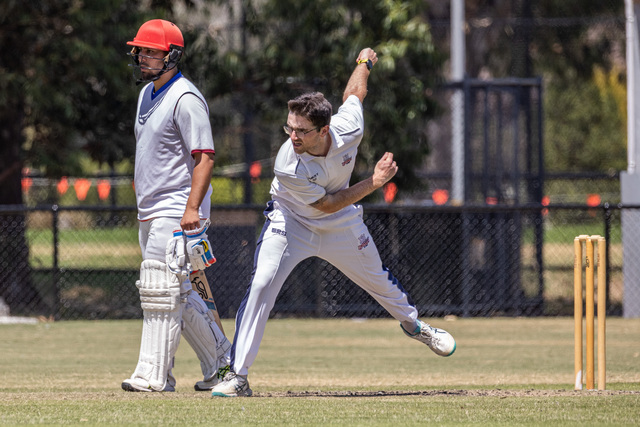By LACHLAN MOORHEAD
IN LESS than a year the Great War claimed the lives of two Kent brothers, Alfred and Norman.
The first of the Narre Warren siblings to perish in battle was Alfred Ernest Kent, killed in action on 5 May 1916, four weeks after the lance-corporal had sailed from Alexandria to Marseille.
He was 41.
According to notes collated by the Narre Warren and District Family History Group, Alfred was buried in Y Farm Military Cemetery Bois-Grenier, 4000 yards south of Armentieres.
His belongings were returned to his widow, Alice Isabella Webb, whose address was listed as ‘Lyncourt’ Narre Warren.
Among her late husband’s possessions were a wallet, a knife, a metal watch wrist-strap, some notebooks, a pipe, three handkerchiefs, and a couple of coins.
But Alfred left behind so much more than a handful of belongings.
Alice also received Alfred’s three service medals, King’s Message and Memorial Plaque.
Alfred is remembered on the Australian War Memorial and on the Berwick Grammar school memorial in Church Street Berwick, the Berwick Grammar School Honour Board at the Berwick RSL, the Christ Church Great War Honour Roll and on the Narre Warren Memorial Gates.
Alfred’s younger brother, Norman Archibald Kent, died from a gunshot wound to the chest he sustained while serving on the Western Front in 1917. Alfred was wounded on 12 April and died a day later from the injury.
He was buried at the Vaulx Main Dressing Station, one and a quarter miles north-east of Bapaume, France.
On his tombstone were inscribed the words “Son of A.B. and M.A. Kent Narre Warren, died for King and Country”.
Norman’s personal effects – many the same as his brother’s – were returned to his father, Anthony Burdon Kent, along with his three service medals, his MSM award, as well as the King’s Message and Memorial Plaque.
Anthony was born in 1844, in Dover England, and didn’t arrive in Australia until 1862, where he married Mary Ann Hillbrich 10 years later.
It’s around this time that Anthony bought a property known as Granite Park in Narre Warren, which he re-named the Oatlands.
Anthony and Mary raised seven children together – five sons and two daughters – and in October 1922 they celebrated their Golden Wedding Anniversary, without their two sons who had died in battle five years earlier.
But before Alfred and Norman went to fight the war, they both experienced a loving childhood growing up in Narre Warren and surrounds.
Alfred was born in 1875 in Narre, and was educated at the Church of England Grammar Schools in Berwick and Melbourne.
It wasn’t until 1898 that he married Alice, the daughter of Sidney John Webb, at her family home in Narre Warren, known as Holly Green.
In 1910 Alfred was known to have owned the general store on the north east corner of the highway and Narre Warren North road.
His brother Norman was born in 1882, also in Narre, and attended the local state school. By the time he reached the age of 32, Norman was working as a farmer on the land.
But soon it seemed a fate serving their country in WWI awaited both brothers, far from the gentle fields and plentiful expanses of Narre Warren that had been an instrumental part of their lives for so long.
In 1915, at the age of 40, Alfred enlisted as a private in the 11th reinforcement of the 6th Battalion, soon departing for Egypt on HMAT Nestor.
Norman, who enlisted before his older brother, signed up as a private on 1 October 1914 in the 14th Battalion.
The younger Kent served in Gallipoli after which he was hospitalised with pleurisy in May, 1915. Less than two years later, after being transferred to the Western Front, Norman was awarded the Meritorious Service Medal for “continuous meritorious performance of duty under most adverse circumstances at Pozieres during 6 August to 13 August and from 26 August to 30 August 1916”.
A third Kent brother, Charles Edward Kent, also served in the Great War after enlisting in 1916. He left for duty in June that year aboard HMAT Wandilla.
Following service in Egypt and France, Charles returned home in 1918 to take care of his mother and father, who had already lost Alfred and Norman to the bitter tragedy of war.
That same year it’s understood a ‘welcome home’ social was held for Corporal Charles Kent, where he was presented with an inscribed gold medal.
His father Anthony thanked people for the warm homecoming for his son.
It was a welcome which was never to be afforded to Alfred or Norman.

